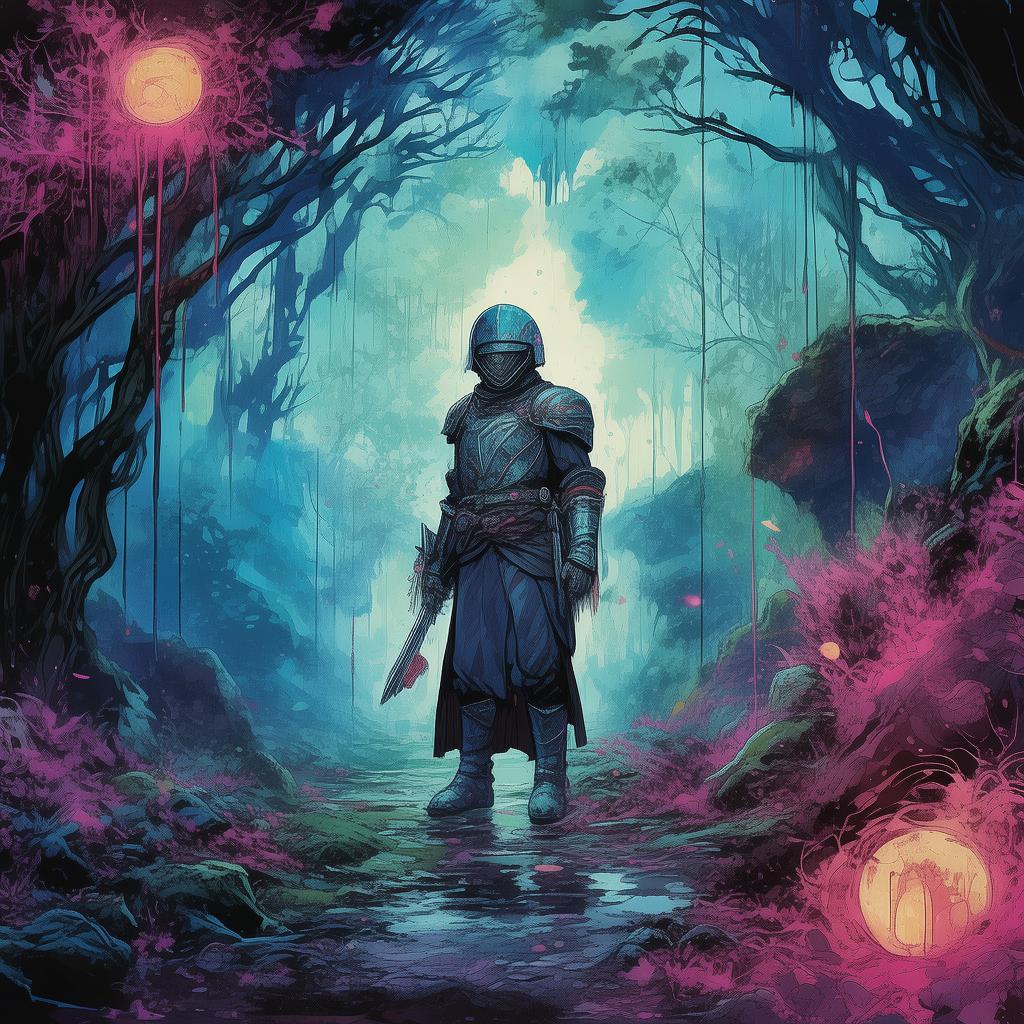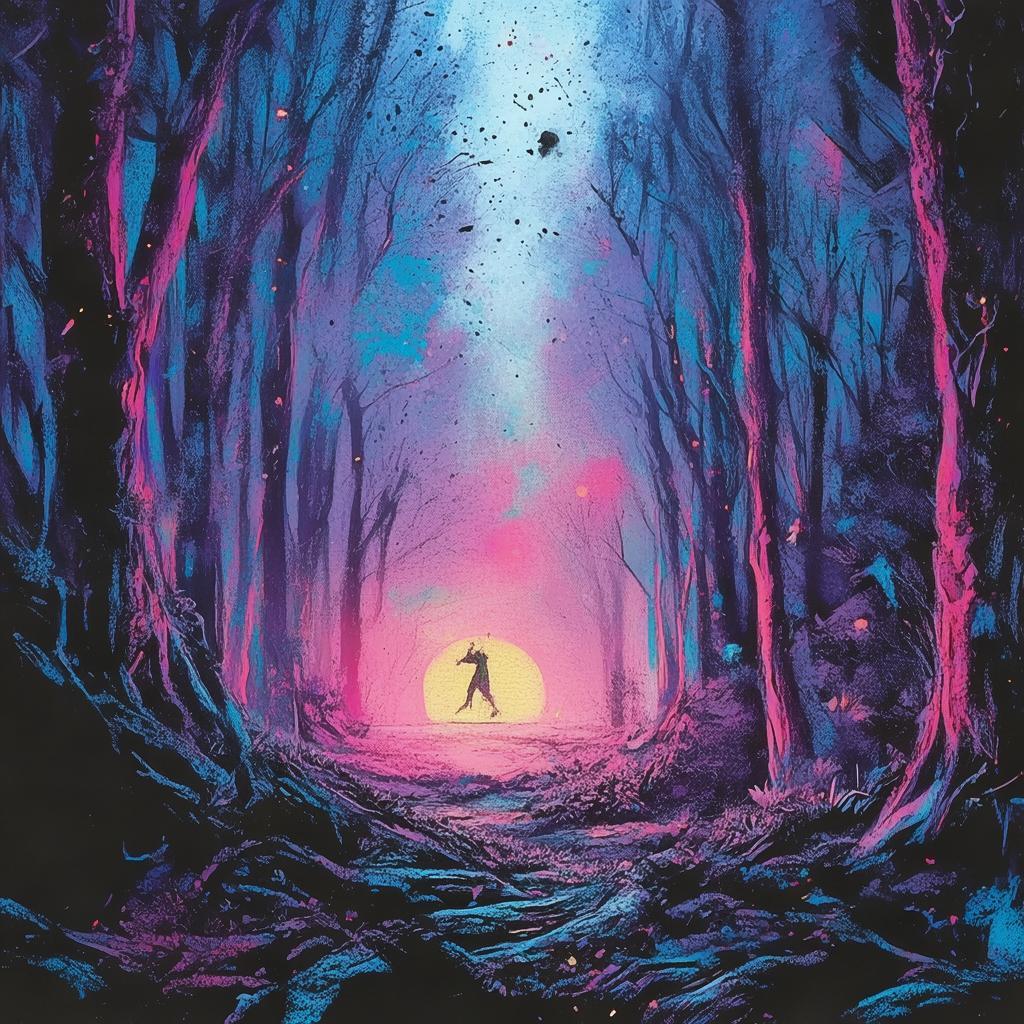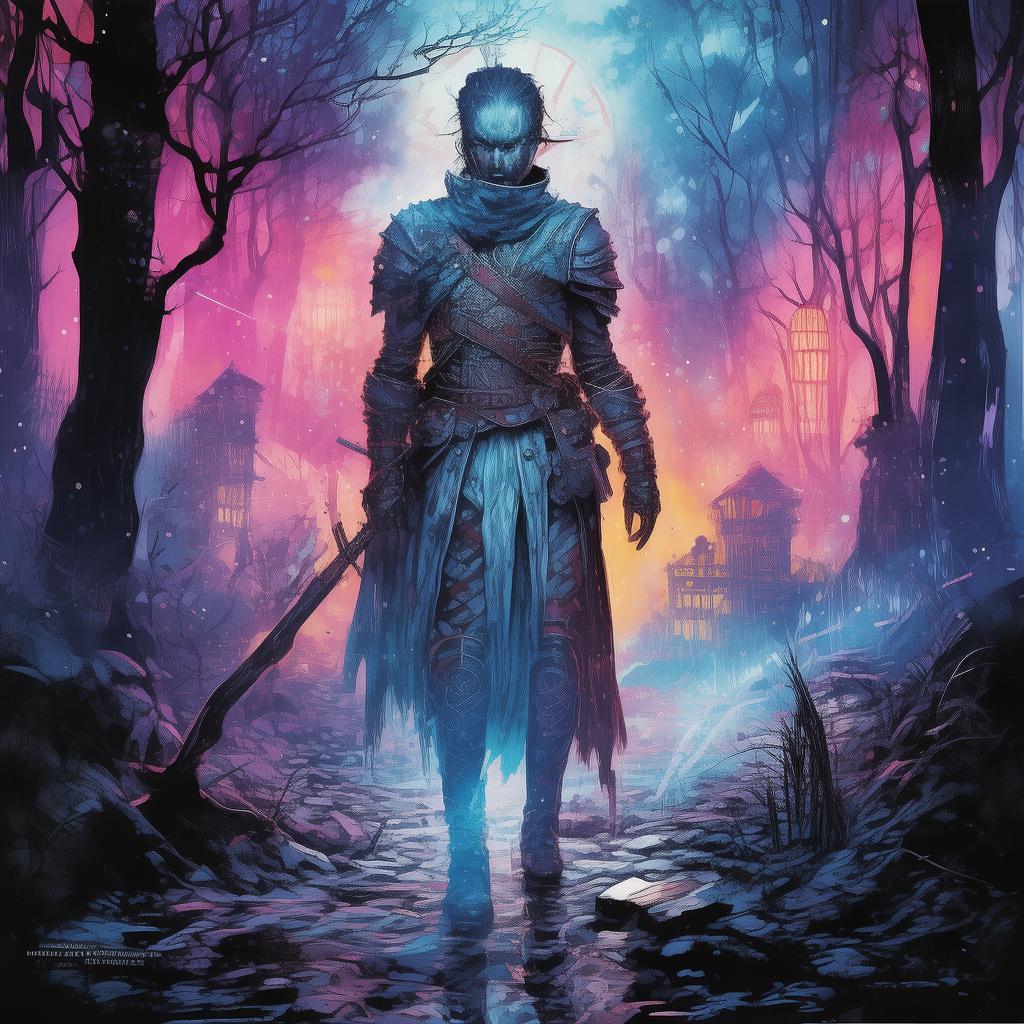The Lament of the Lost Lullabies
The Hopeless Orphanage, a decrepit structure on the outskirts of the once-vibrant town of Evershade, had long been a place of whispered fears and unspoken secrets. The orphanage, with its peeling paint and broken windows, stood as a monument to the lost innocence of countless children who had never known the comfort of a loving home. It was said that the air within was thick with the scent of despair, and the walls whispered tales of sorrow that echoed through the empty rooms.
In the heart of the orphanage, a single room remained untouched by time—a sanctuary of sorts, where the walls were adorned with faded portraits of smiling faces, and the shelves were filled with old, leather-bound books. This was the room of the lost lullabies, where the children of the Hopeless Orphanage were supposed to find solace in the soothing melodies that would lull them to sleep.
But as the years passed, the lullabies grew more somber, more haunting. The children, once comforted by the gentle notes, began to hear whispers, to see shadows, and to feel the cold touch of unseen hands. It was said that the lullabies themselves had become sentient, bound to the spirits of the children who had never found peace.
One such child was Elara, a young girl with eyes that held the wisdom of one far older than her years. She had been brought to the Hopeless Orphanage as an infant, her parents' names etched into the cold stone of the entrance, but their faces forever shrouded in the mist of the past. Elara had grown to love the lullabies, but she knew that something was amiss. The melodies that once soothed her now filled her with a chill that ran down her spine.
One night, as the moon hung low and the wind howled through the broken windows, Elara could no longer bear the haunting whispers. She crept into the room of the lost lullabies, her heart pounding with a mixture of fear and curiosity. The room was dark, save for the flickering candlelight that danced on the walls. She approached the shelves, her fingers tracing the spines of the old books.
As she reached for a volume, a sudden chill enveloped her. She turned to see a figure standing in the corner, shrouded in the dim light. It was a young girl, her eyes wide with terror, her hair a tangled mess of tresses. Elara gasped, but the girl did not move. Instead, she began to sing, a melody that was both beautiful and haunting, a lullaby that seemed to pull at Elara's very soul.
Elara's heart raced as she realized that the girl was no ghost, but a spirit bound to the lullabies, her voice a key that unlocked the past. The girl sang of a love that had been lost, of a hope that had been crushed, and of a despair that had become her eternal prison. As the lullaby reached its crescendo, the girl's form began to fade, her voice a whisper that seemed to come from everywhere and nowhere.
Elara's eyes filled with tears as she reached out to touch the girl, but her hand passed through the air as if it were nothing. The girl's voice grew fainter, and then silence descended upon the room. Elara sat on the floor, the lullaby's echoes still lingering in her mind.

In the days that followed, Elara discovered that the lullabies were not just songs, but they were the keys to unlocking the spirits of the children who had never found their way home. Each lullaby was a story, a fragment of a life that had been cut short, a hope that had been extinguished too soon.
Elara's mission became clear. She would sing each lullaby, not just to the children of the Hopeless Orphanage, but to the world beyond. She would become the voice of the lost, the hope of the hopeless, and the bridge between the living and the departed.
As the word spread of the young girl who sang for the spirits, the Hopeless Orphanage began to change. The whispers grew fewer, the shadows less menacing, and the air lighter with the promise of a new beginning. The lullabies, once a source of despair, became a beacon of hope, a reminder that even in the darkest of places, there was light.
And so, Elara's story became a legend, a tale of the Lament of the Lost Lullabies, a legend that would echo through the ages, a testament to the power of music, the strength of hope, and the enduring bond between the living and the departed.
✨ Original Statement ✨
All articles published on this website (including but not limited to text, images, videos, and other content) are original or authorized for reposting and are protected by relevant laws. Without the explicit written permission of this website, no individual or organization may copy, modify, repost, or use the content for commercial purposes.
If you need to quote or cooperate, please contact this site for authorization. We reserve the right to pursue legal responsibility for any unauthorized use.
Hereby declared.









